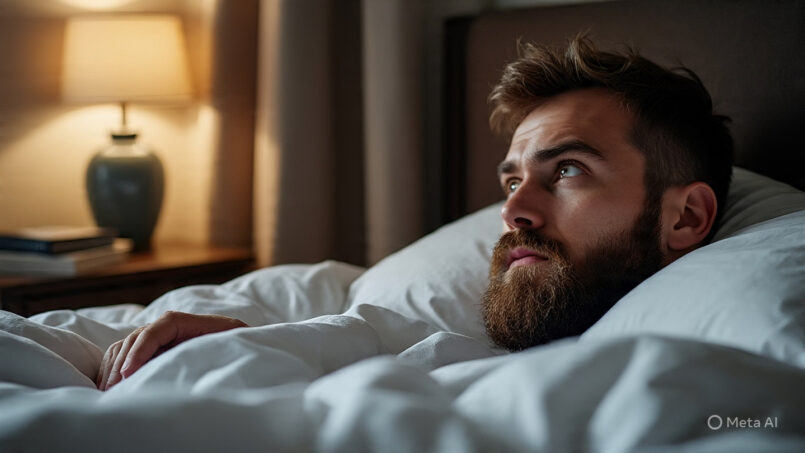The last thing many of us see at night is the glow of a phone screen. We scroll through social media, watch videos, or check messages until our eyes grow heavy. The problem? This habit often leaves us restless and overstimulated. We know our devices disrupt sleep, yet putting them down feels almost impossible.
I was stuck in this loop—lying in bed, phone in hand, then wondering why I couldn’t sleep deeply. That’s when I made a bold choice: for 30 nights, I would try sleeping without my phone in the bedroom. My aim was simple—fall asleep faster, calm my anxious mind, and reclaim my evenings.
What happened next surprised me more than I expected.
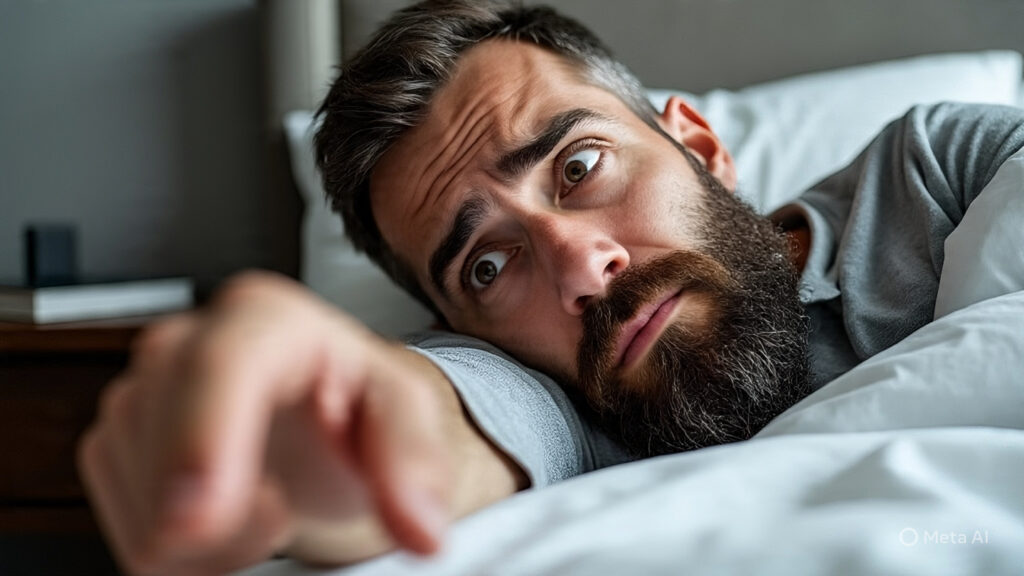
Week 1: The Initial Shock and Withdrawal
Monday to Wednesday – The Urge to Reach
The first few nights felt strange. My hand instinctively reached for the empty spot on my nightstand. Thoughts like “What if I missed something important?” or “Did anyone text me?” kept popping up. I experienced phantom vibrations—a sign of how deeply my phone habit was wired into my brain.
Thursday to Sunday – The First Signs of Change
By the weekend, something shifted. The intense urge to check my phone lessened slightly. I tried simply lying still or reflecting on my day. My eyes felt less strained, and the restless energy before sleep began to fade. It wasn’t a dramatic change, but it was a start.
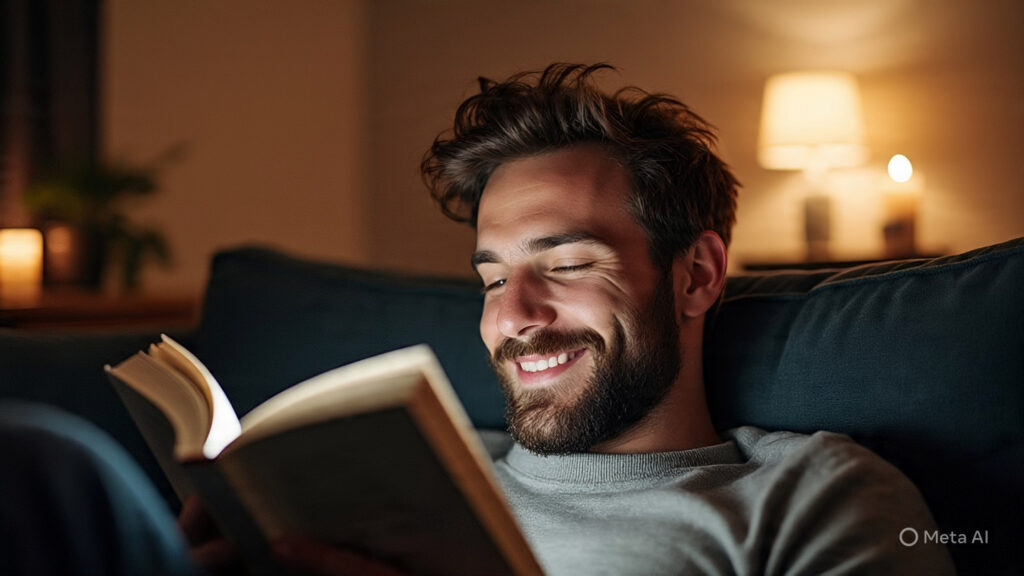
Week 2: Building a Phone-Free Routine
With sleeping without my phone as the new rule, I needed fresh bedtime habits.
I rediscovered paper books—turning pages felt calming in a way that scrolling never did. Some nights I journaled, jotting down thoughts or gratitude lists. Other times, I stretched gently to release tension.
Without the blue light keeping my brain alert, I fell asleep in 15–20 minutes instead of the usual 45. My body responded quickly to the absence of late-night digital stimulation.
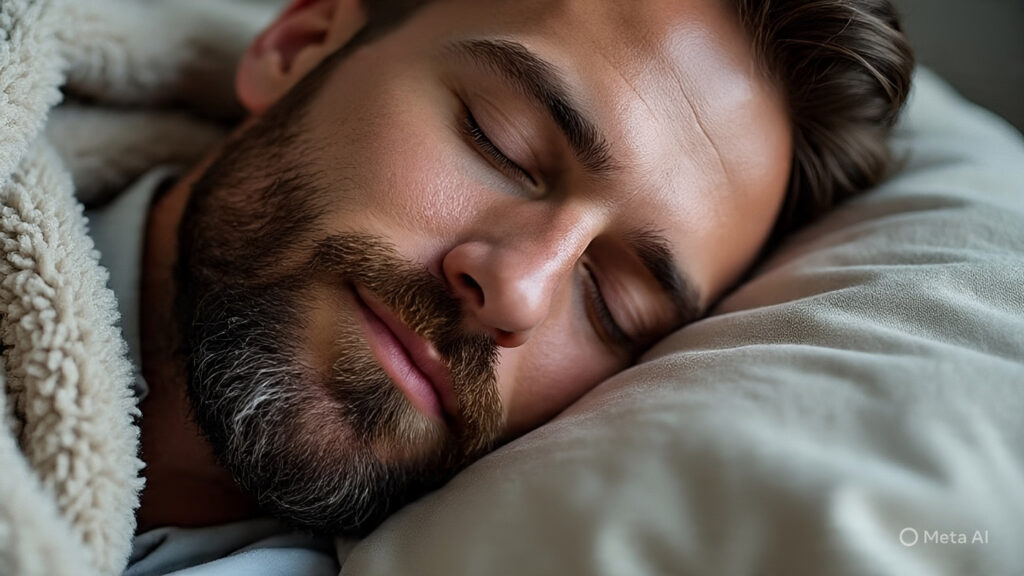
Week 3: Deeper Sleep and Mental Clarity
By the third week, I noticed something remarkable—my sleep quality improved dramatically. I woke up genuinely refreshed, as though I’d entered deeper, more restorative sleep stages. I even remembered vivid dreams, a sign my sleep cycles were functioning better.
An unexpected bonus was reduced evening anxiety. Without constant notifications and news updates, my brain had space to relax. Drifting off felt natural, not like a battle against my own thoughts.
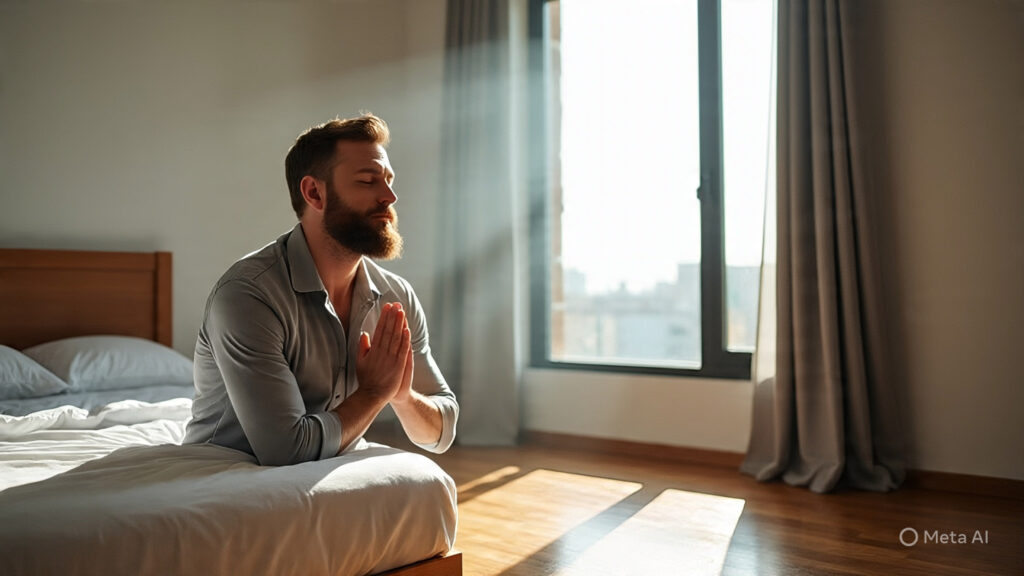
Week 4: The Long-Term Transformation
Mornings Without the Digital Rush
Waking up without immediately checking my phone felt revolutionary. I replaced the reflexive scroll with a slow stretch, a sip of water, and a few quiet minutes of reflection. It set a calmer tone for the entire day.
Re-evaluating My Phone Habits
I realized how much time I used to lose to aimless scrolling. The experiment wasn’t just about better sleep—it was about reclaiming my mental space.
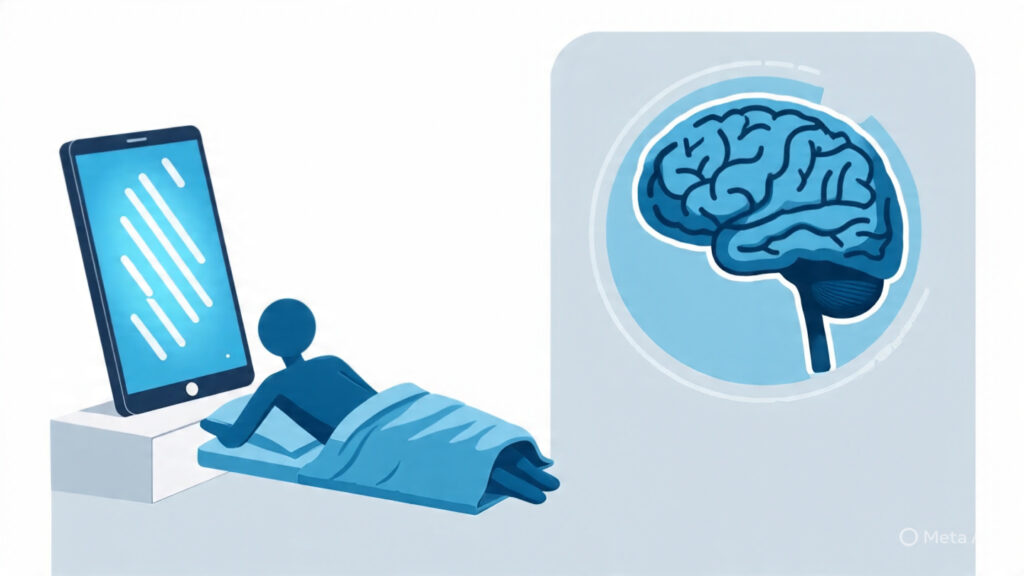
Why Sleeping Without My Phone Works
The Science of Blue Light
Phones emit blue light, which suppresses melatonin—the hormone that signals your body it’s time to sleep. Studies from the American Academy of Sleep Medicine recommend avoiding screens at least an hour before bedtime to let melatonin production kick in naturally.
The Psychology of Digital Overload
Constant notifications create a state of mental hyper-arousal. As sleep researcher Dr. Sarah Minter explains, this “always-on” state makes it difficult for the brain to wind down. By sleeping without my phone, I was removing the biggest source of this pre-bedtime overstimulation.
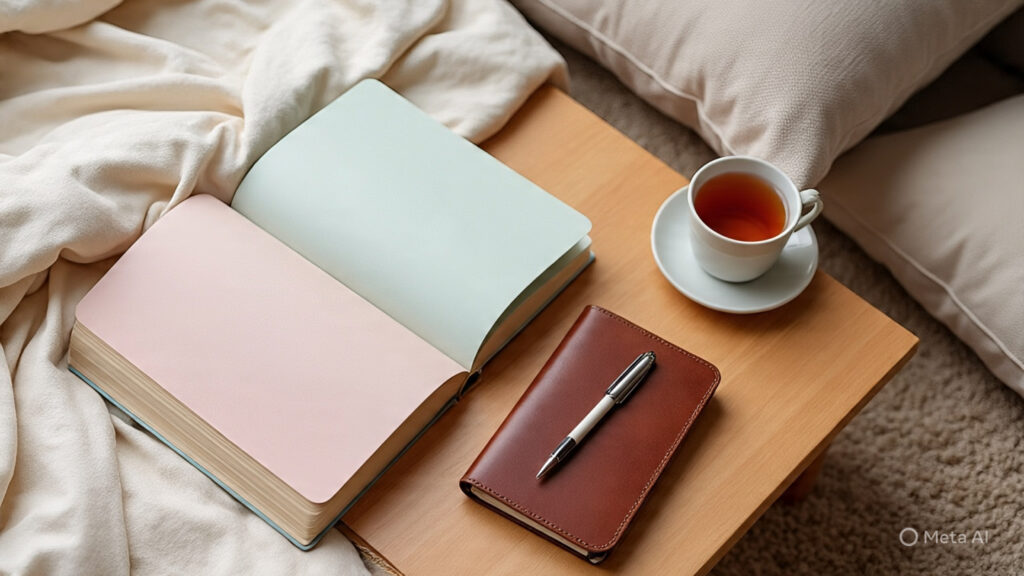
How to Start Your Own Phone-Free Sleep Challenge
If you want to try sleeping without your phone, here’s a practical, step-by-step approach:
1. Create a Digital Curfew
- Set a cut-off time, ideally 1–2 hours before bed.
- Charge your phone outside the bedroom—living room or kitchen works best.
- Use “Do Not Disturb” mode to silence notifications.
2. Replace the Habit
- Read a physical book or magazine.
- Journal your thoughts or practice gratitude.
- Try gentle stretches or deep breathing.
- Listen to calming music or a non-stimulating podcast.
3. Manage Withdrawal
- Expect restlessness in the first few nights.
- Tell a friend about your plan for accountability.
- Remind yourself of the benefits—better sleep, calmer mind, slower mornings.
Final Thoughts
My 30-day journey of sleeping without my phone reshaped my nights in ways I didn’t expect. I slept deeper, felt less anxious, and woke up with a clearer mind. Most importantly, I proved to myself that real rest doesn’t come from endless scrolling—it comes from truly unplugging.
If you’ve been feeling drained despite getting “enough” hours of sleep, try leaving your phone outside the bedroom tonight. You might just discover the kind of peace you didn’t know you were missing.
